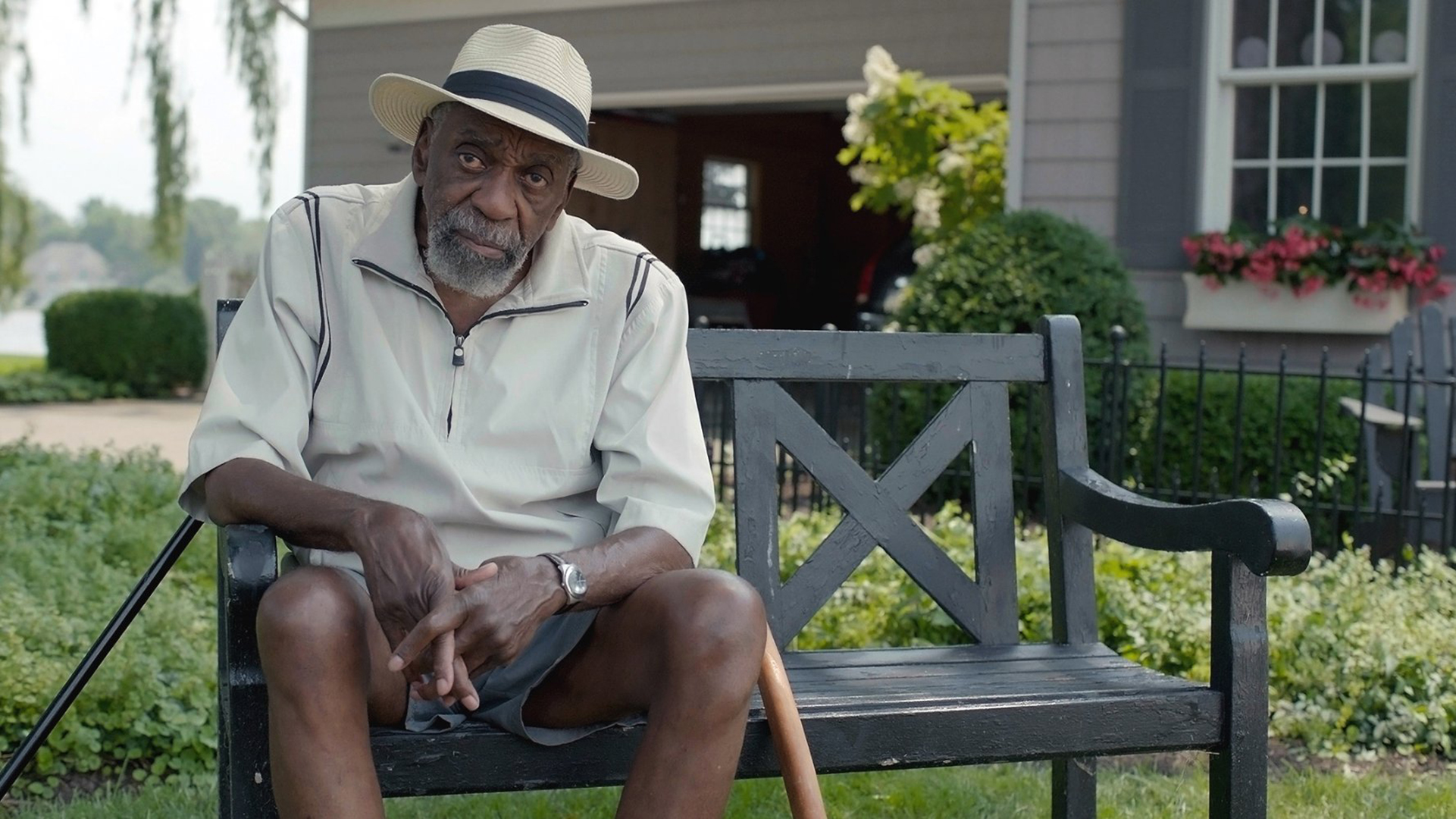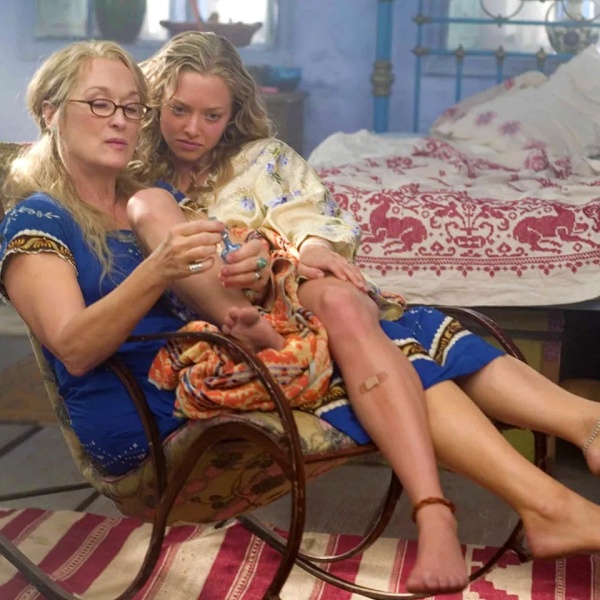Bill Cobbs put in the time and the work. He was 90 years old when he passed away June 25 at his home in Riverside, California and leaves behind a career of over 200 screen credits, along with a number of theatrical performances. Born Wilbert Francisco Cobbs in Cleveland, Ohio circa 1934, a time and a place where a Black man wasn’t always assured his dignity and especially not his rights, Cobbs came into this world and grew at a moment where seeing himself on the big screen wasn’t exactly possible. Sure, there were exceptions with stereotypes played by Stepin Fetchit as well as the grandeur of Paul Robeson, but the idea of being an actor wasn’t one that came automatically for Cobbs. He tried his hand at music, spent eight years in the U.S. Air Force as a radar technician and occasional stand-up comedian, sold cars, even worked at IBM, but at some point along the way, the acting bug took hold and wouldn’t let go.
At 36 years old, Cobbs moved to New York City, providing for himself with a series of random gigs and odd jobs, while his primary focus was shaping himself as an actor. He performed in various forms, from working in the street all the way to the stage of the Eugene O’Neill Theatre. As he shifted into film, his career became marked by a number of unnamed roles. Man on Platform in “The Taking of Pelham 123” (1974). Man in Lunchroom in “Silkwood” (1983). Though these background roles didn’t showcase the full range of this tall, charismatic actor’s abilities, one thing was certain. Cobbs was the man.
Never a young man on screen, the more age set in for Cobbs — the further his voice defined itself and his eyes became deeper — the more casting directors and filmmakers alike seemed to rely on him. He never stopped being a presence, but that presence only became larger, more meaningful to the films he imbued and to the audiences he mesmerized. And they weren’t the only ones. Following his passing, colleagues from over the decades shared an outpouring of love and remembrances of their experiences working with this beloved member of their community.
In honoring his work and memory, IndieWire lists a few of our favorite performances from Cobbs below.
“New Jack City” (dir. Mario Van Peebles, 1991)
Though named simply “Old Man” in the film, Cobbs stands sharply and ferociously as the religious, moral center of a community being ravaged from within by crimes, drugs, and the influence of Nino Brown (Wesley Snipes). As with most of his roles, Cobbs’ time on screen is brief, but the impact of his presence is made clear in the film’s final moments, as his character doles out the justice not served by the legal system.
“That Thing You Do!” (dir. Tom Hanks, 1996)
If you were an artist at the end of your rope, it would be Bill Cobbs who you’d want giving you advice. The feeling that he’s been there and done that is so present in every fiber of his being that you can’t help but take faith in his words. Though it should be a knock on the film that he doesn’t get to do much in “That Thing You Do!” but inspire the white drummer of a pop band, his inclusion in the narrative is vital to its message of remembering the joy one can find in just playing. As jazz pianist Del Paxton, Cobbs also gets to embody a musical dream he himself put behind him, offering a realism to the world that grounds the character he comes in contact with, as well as the audience.
“Air Bud” (dir. Charles Martin Smith, 1997)
One can say that the whole reason this ridiculously plotted gem of the ’90s manages to actually work is because of Cobb’s performance as Coach Chaney, a pro-basketball player turned elementary school maintenance engineer who’s given a second chance at being a part of the game he loves and thinks dogs should too. Yes, it’s a kids movie, it’s supposed to be silly and fantastical, but the seriousness with which Cobbs asserts his belief in the dog at the center of the film, as well as the kids he coaches, makes this a classic worth cheering over and his famous line, “You check in your rule book, but you won’t find anything in there that says a dog can’t play,” has gone down in meme-ified history.

“The West Wing” (Season 3, Episode 18, “Enemies Foreign and Domestic”)
What starts as a simple letter-to-the-President snafu turns into a poignant history lesson for personal aide to the President Charlie Young (Dulé Hill). Early in the episode, Charlie is given a letter from a little boy, written to the President, but confused by some of the language within it. It refers to figures Charlie isn’t aware of and organizations that are no longer in existence. Eventually, Charlie comes to realize the letter is from the 1930s, was written to FDR, and had somehow not been delivered until now. Moved by the circumstances, Charlie invites the boy, now an old man played by Cobbs, to meet the current president, making good on the letter he wrote so long ago. Only in the episode for one scene, Cobbs carries with him an important history, adding richness to what is one of the show’s more memorable denouements.
“The Sopranos” (Season 2, Episode 2, “Do Not Resuscitate”)
It would’ve been easy for “The Sopranos” writers to put James Gandolfini’s Tony in a room with a Black reverend and for something offensive to come out of it, but instead, Tony’s interaction with Cobb’s Reverend James, Sr. is a reminder that the character, perhaps more than anything else, cares about where he came from and the people who helped shape the country he loves and wishes to take advantage of. In a rare instance, Cobbs also ends up making Gandolfini seem smaller, putting our perspective on Tony and his place in this world in a new focus.



